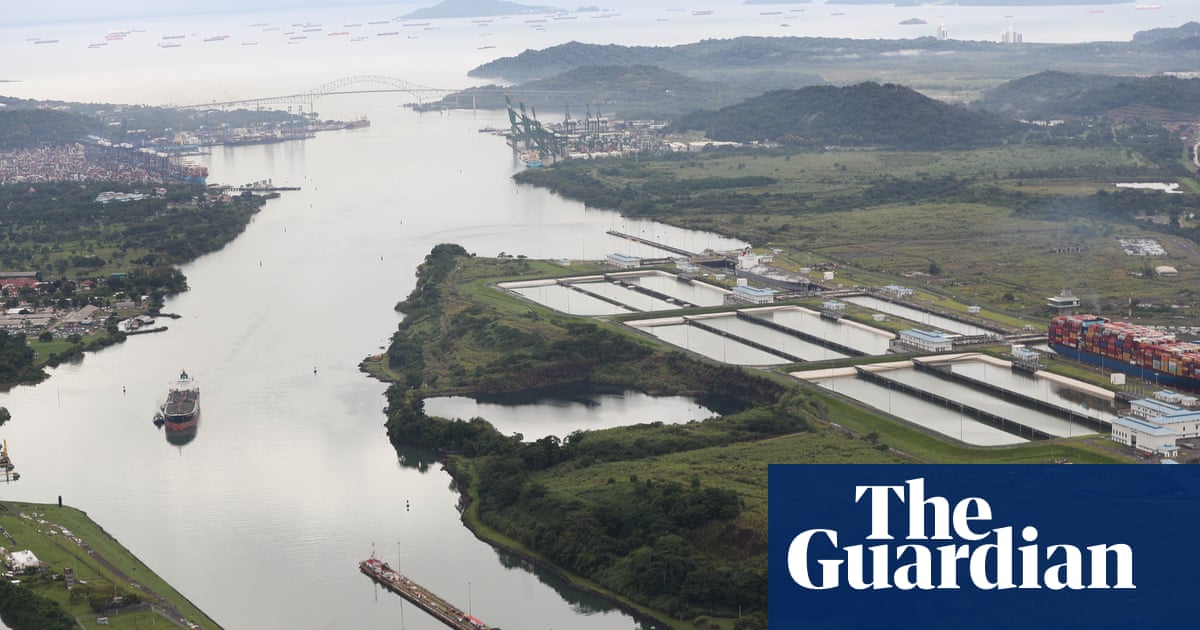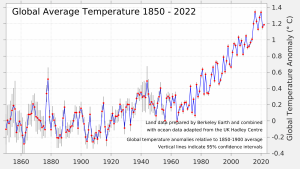
2023 confirmed as world's hottest year on record
Climate records tumbled "like dominoes" in 2023, with temperatures far above any recorded level.
The year 2023 has been confirmed as the warmest on record, driven by human-caused climate change and boosted by the natural El Niño weather event.
Last year was about 1.48C warmer than the long-term average before humans started burning large amounts of fossil fuels, the EU's climate service says.
Almost every day since July has seen a new global air temperature high for the time of year, BBC analysis shows.
Sea surface temperatures have also smashed previous highs.






